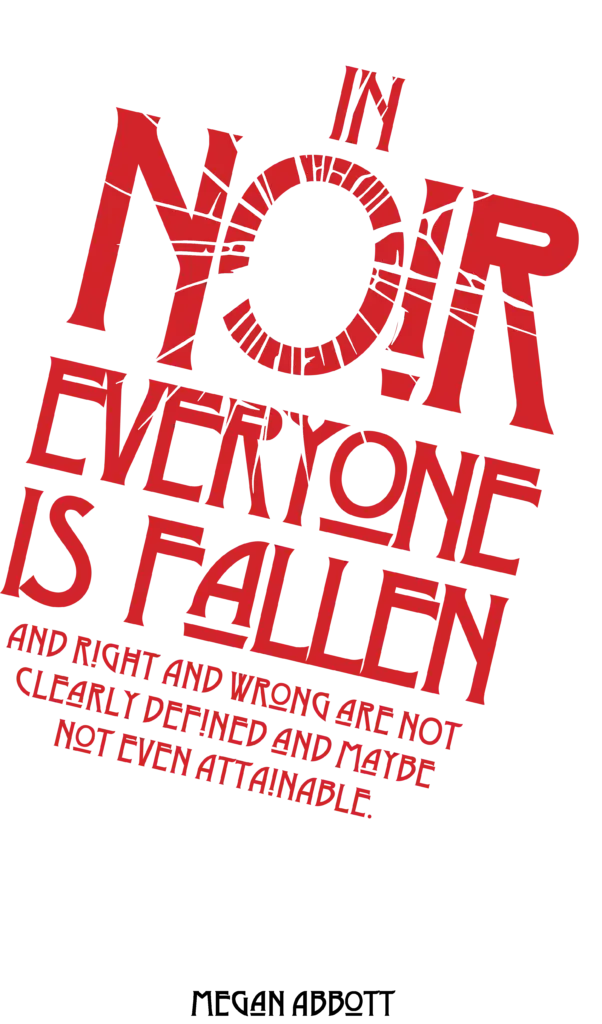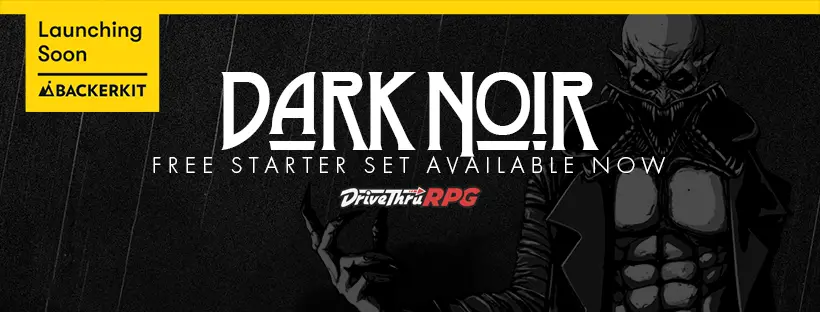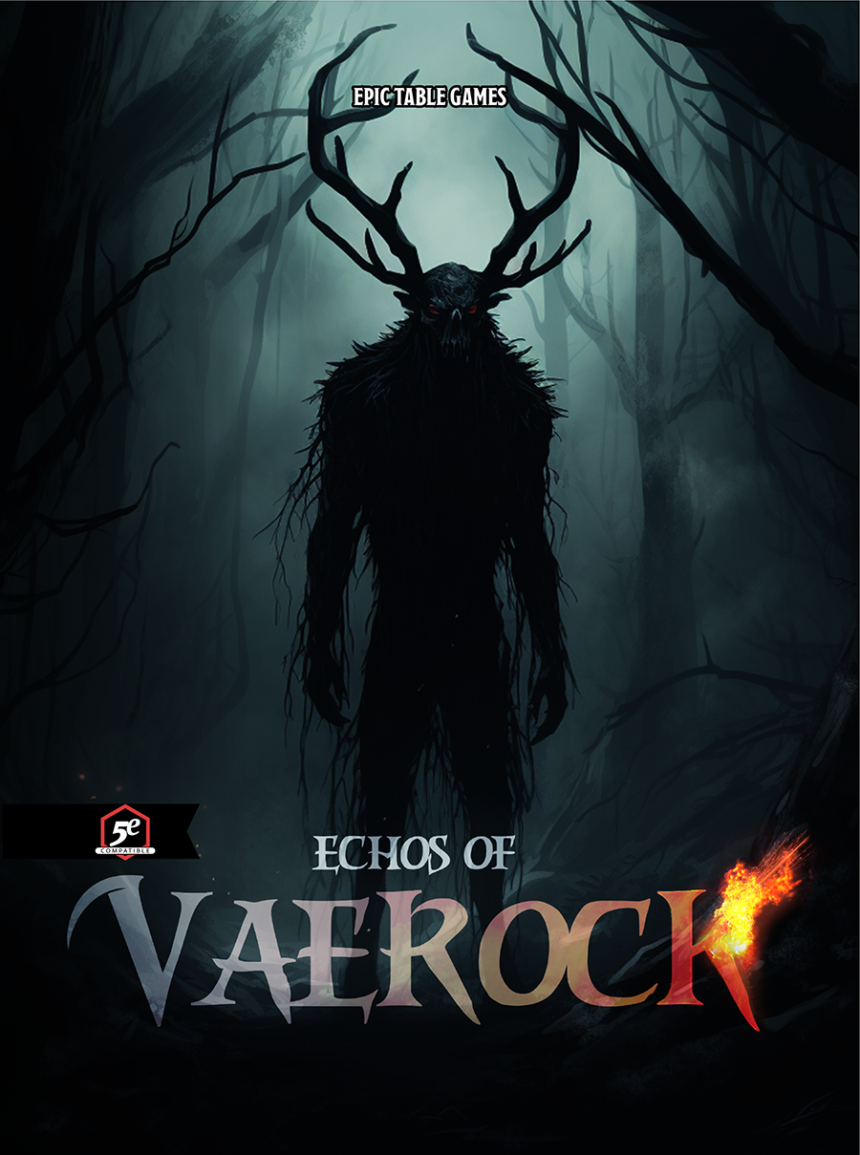A HUGE shout-out to everyone who has helped get Dark Noir this far! Lets not only give them a pat on the back, but ourselves as well. Dark Noir has been in development for just over two years – and announced way back in 2022 when our podcast was still called The Epic Table Games Audioshow.

The Limited History
Potato and I had been talking about developing our own game for a while, and we liked the idea of a few style and themes, but the final two in the running were a hard boiled noir setting and a cyberpunk setting. Cyberpunk 2077 had released a few years previously to our conversation in 2022 and a lot of other media was riding on the coattails of that particular success, so we decided to bring something a bit more unique to the table.
Granted, detective style games aren’t new – both Hard City and Crescendo of Violence were released by Osprey Publishing in 2022, The Gumshoe System by Pelgrane Press in 2007, even Call of Cthulhu by Chaosium in 1981 have all tackled detective or investigative games with really cool features that have helped define what most people expect from such a style of game.
So, what was going to be different about Dark Noir, that hadn’t been done before? Well realistically we would be competing against the World of Darkness’ Hunter: The Reckoning on the theme alone – because Dark Noir was the same premise (granted we did not know this when we started development of Dark Noir). In Dark Noir, you typically play as human Agents of the Dark Noir Detective Agency, investigating whatever goes bump in the night. However, for most humans’ things that go bump in the night are hidden behind a veil that all Agents can see through.
This is just a minute difference though – so our best bet was to actually lean hard into two main points;
It had to be Hard Boiled AND Noir
Potato and I knew that Dark Noir had to be Hard Boiled – in the vein of The Dresden Files, was our first thought, but with a deeper flair for older pulp novels and fantasy elements. We wanted the world of Dark Noir to feel like the world of Hellboy or Percy Jackson, where the fantastical was just outside of human perception.
Unfortunately, our work was put on hold when Potato was sadly taken from us in a tragic car accident shortly after we had started development, which left me in a state of loss and panic – none of which had anything to do with our game. In fact, it was here that I closed the idea of working on Dark Noir for an additional two years. But between that loss, and deciding to finish the game, I realized the second lean – it had to be noir.
I think the quote by Megan Abbott says this the absolute best; “In Noir everyone is fallen and right and wrong are not clearly defined and maybe not even attainable.” And this became a guiding principle in what would start all our changes to put out a game on a system that supports the idea and flavor of the Hard-Boiled Noir Detective.
The First Changes
The first changes to the system was that we completely removed the alignment system from the game. In Dark Noir, everyone has good days and bad days. The world is morally grey; some things are not always acceptable, and the right way to do things is a matter of perspective. But removing alignment wasn’t enough when you’re fighting against monsters that hide in the dark – because the world isn’t inhabited by just monsters. There are humans and other beings that are caught up in the same war between good and evil. Yet, the difference between the two is that it’s only a different shade.

Once we sacked alignment other changes felt a little more natural. We removed static hit points, because a body can handle various types of damage, but it all stacks up. So, we used a tiered health system. We hated the idea of being able to magically wave your fingers and heal all your ailments, so we built in lingering effects. Hard Boiled detectives are grizzled, beat up, tired and exhausted. We needed a way to bake that into the game, so your conditions become you. This isn’t about being a hero but surviving long enough to maybe make the nights a little less dark.
Then we started looking at the big changes, ways to really separate Dark Noir from other popular table top role playing games (looking at you ampersand!). And that meant doing things differently. With a tiered health system, we knew that combat had to be different, so we went with opposed combat rolls – you can take damage if you lose the attack roll, so you better watch out who you fight and when you fight. We knew that saving throws were a heroic thing built into the way characters were made, so we got rid of them to. The closest thing we have, is a Resilience Check, and that’s a skill you build up.
But the BIGGEST change
Came when we completely removed progressive leveling. We knew that to have true customization in player characters, we couldn’t be tied to singular classes, or agent archetypes. We had to do something that meant unique player character options with unique player character outcomes.
There is however something unique that happens when you get rid of levels – all of a sudden you have the idea of experience points with no use. Which means we had to change this up, and because we got rid of levels, even the name ‘experience points’ felt irrelevant. We made Gloommarks instead, and these became a currency – you build your character with Gloommarks, buying what are known as Special Provisions, or spending them on in-game actions. Essentially, they are rewarded like experience, earned like experience, but they became tangible. Save them for what you really want or use them when you’re in a pinch.
Your Next Steps
Dark Noir is now open to the public, and we strongly suggest getting your free starter set. It will show you a fraction of the entire game and introduce you gently to all of the changes we’ve made to a traditional game, and give you all the tools needed to explore the world of Ironport City (Dark Noir’s official setting.) You’ll get firsthand experience facing off against a werewolf in the first casebook The Howling Streets and get a taste of our very own investigation mechanics, which have simplified and codified a collaborative storytelling method that has been said to truly stand out.







